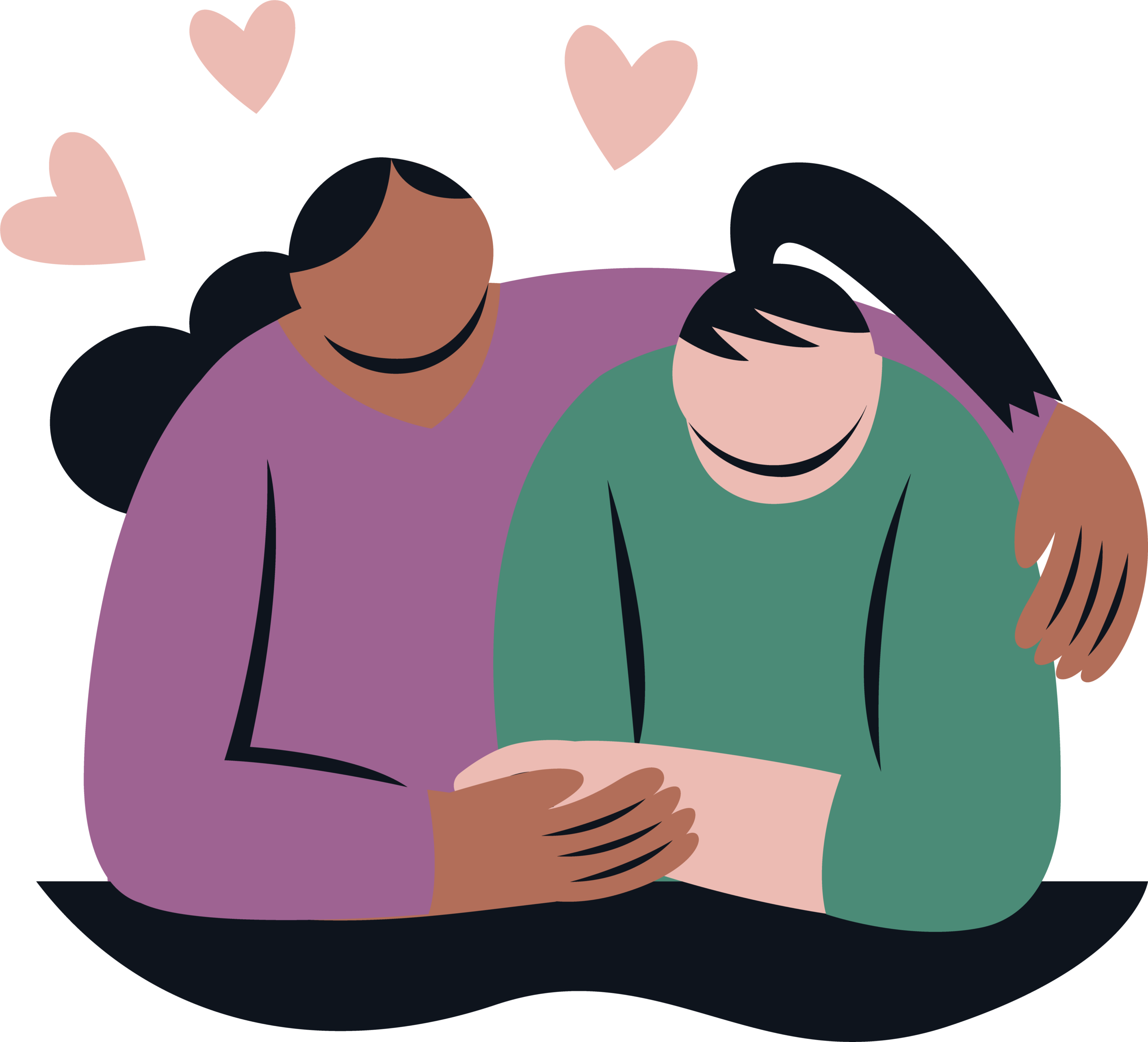
How to Control Your Emotions: The Key to EQ Mastery

Your emotions are locked up. You hold the key.
Over the past few years, I’ve received thousands of emails from readers who want to improve their emotional intelligence. Of all the skills people want to develop, the following pops up over and over again:
How do I get my emotions under control?
Of course, this is no surprise. Emotional regulation, the ability to exert control over one’s emotional state, is invaluable when it comes to:
• Managing stress and pressure
• Building and maintaining relationships
• Leading effectively
• Earning respect
Developing emotional intelligence is a lifelong journey. But after studying and teaching these skills for several years, I’ve found there’s a single practice that is the key to unlocking the ability to keep your emotions under control, and that is learning how to…
Control your thoughts
In my two week-long class, Real-World EQ: For Leaders, we speak about how there are different schools of thought about what comes first: a thought, a feeling, an emotion, a physical sensation. But most experts agree that once an emotion is already there, you can exert a measure of control over it…by controlling your thoughts.
You may be familiar with the popular saying that is often attributed to Austrian psychiatrist Viktor Frankl:
“Between stimulus and response there is space. In that space is our power to choose our response. In our response lies our growth and our freedom.”
That’s why I’ve found that frameworks are invaluable. A short axiom or a simple phrase can make all the difference in taking advantage of the “space” in an emotional moment, and actually doing it.
I’ve developed my own set of frameworks to control my thoughts and manage my emotions. These frameworks are based on techniques from cognitive psychology, as well as my own experience.
Depending on how long you’ve subscribed to this newsletter, you’ve learned many of these. For example:
These are just a few of the dozens of frameworks I’ve shared over the past few years…and if you’ve found them useful, stay tuned—because I have some really fantastic ones that I haven’t written about yet, and I’ll be sharing them in the months to come!
Of course, I still make mistakes, sometimes even big ones. When that happens, I buy out time to reflect and identify what led to the mistake so I can reduce the times it happens in the future.
To help me do that, I use an “emotional postmortem.” It’s a simple process and series of questions that allows me to clear my mind, identify root causes, and make needed adjustments:
• What led to the “emotional hijack”?
• What could I have done differently leading up to the hijack?
• How can I better manage my emotions if a similar situation comes up?
Emotions are beautiful; they’re what make us human. But left unchecked, they can lead us to say or do things we later regret. Just remember that developing your emotional intelligence is a continuous process, an unending journey.
As you do, you’ll continue to improve in your ability to make emotions work for you, instead of against you.


































